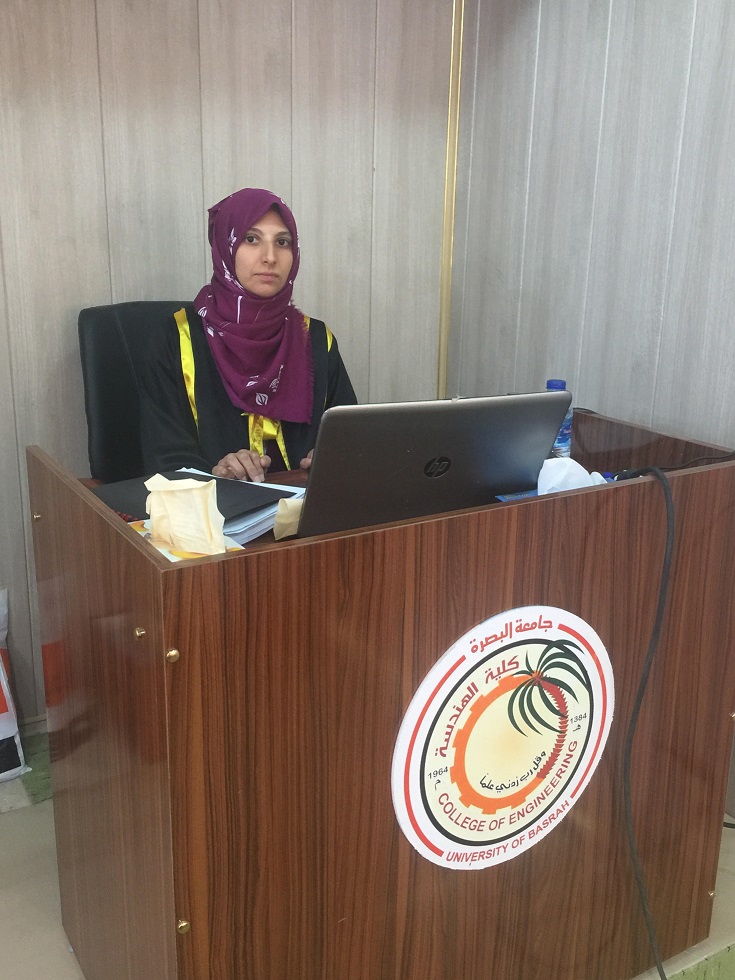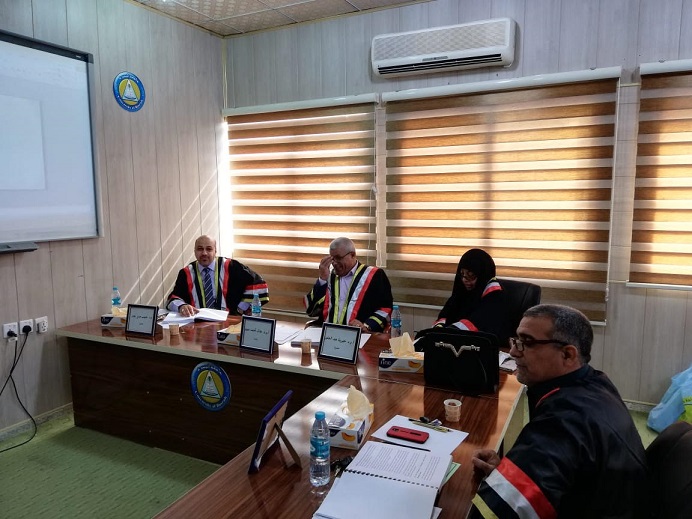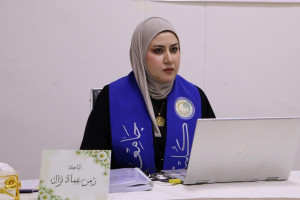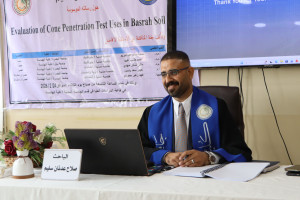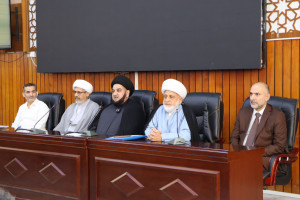
A master’s thesis at the College of Engineering at the University of Basrah examined (detecting faults in electrical power distribution systems based on the wave theory) by student Sarah Jaafar Adafa
The thesis dealt with the study of short circuit faults in distribution systems because of their commonness and danger in order to build a distribution system that has the ability to coordinate between the important characteristics of protection relays in terms of speed in response, accuracy, decision-making, reliability and cost. Two types of feeding systems were built, the first represents a simple radial feeder with a line Single feed, while the other was built on the basis of the test feeder model (IEEE34 Test Feeder), which takes into account the presence of a number of branches emanating from the main feeder to feed the loads on different paths. The fault detection system was designed based on a function with certain properties to obtain greater reliability and accuracy in Distinguishing faults in addition to reducing digital processing operations and thus improving the speed of detection. Since the process of obtaining the type and location of the fault is of great importance to maintenance specialists, a number of fault information knowledge systems have been built. Soft Computing Techniques have been used, and the message concluded that the system The technique based on artificial neural networks is more accurate than the one that relied on fuzzy logic Or determining the location of the malfunction explained the importance of the proposed system for finding an approximate location of the malfunction that contributes to facilitating the process of finding and repairing it by the maintenance crew.
